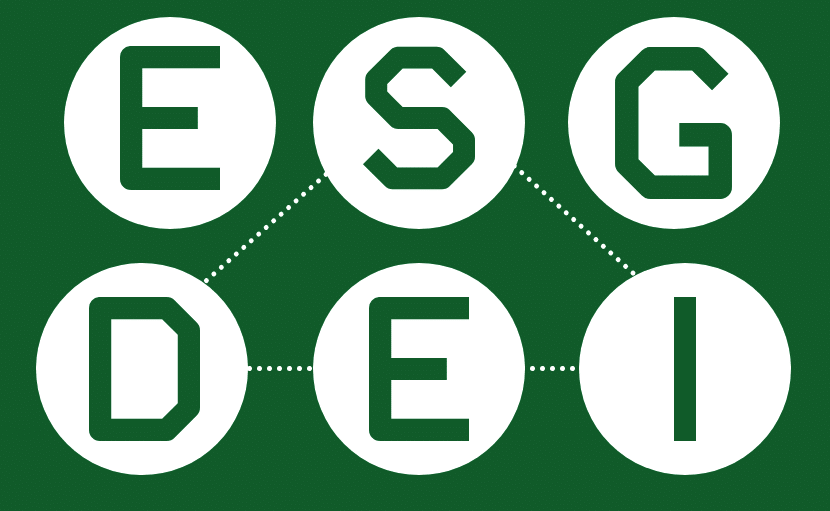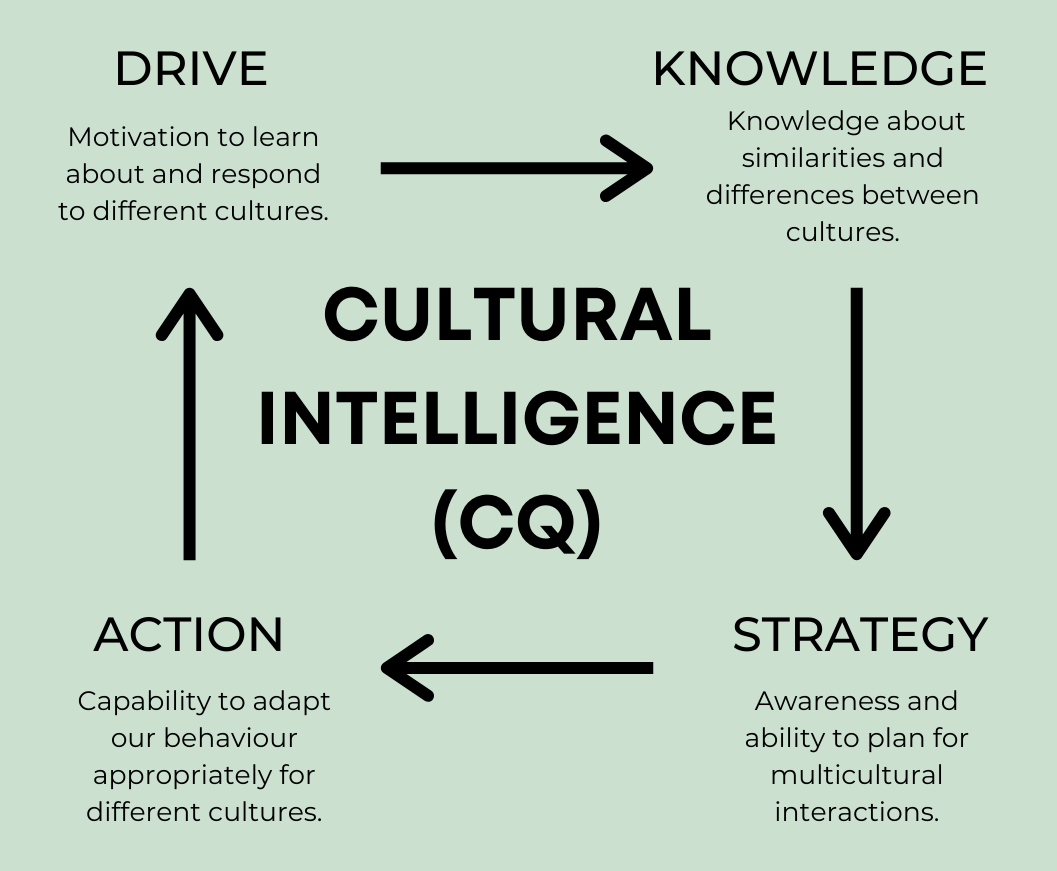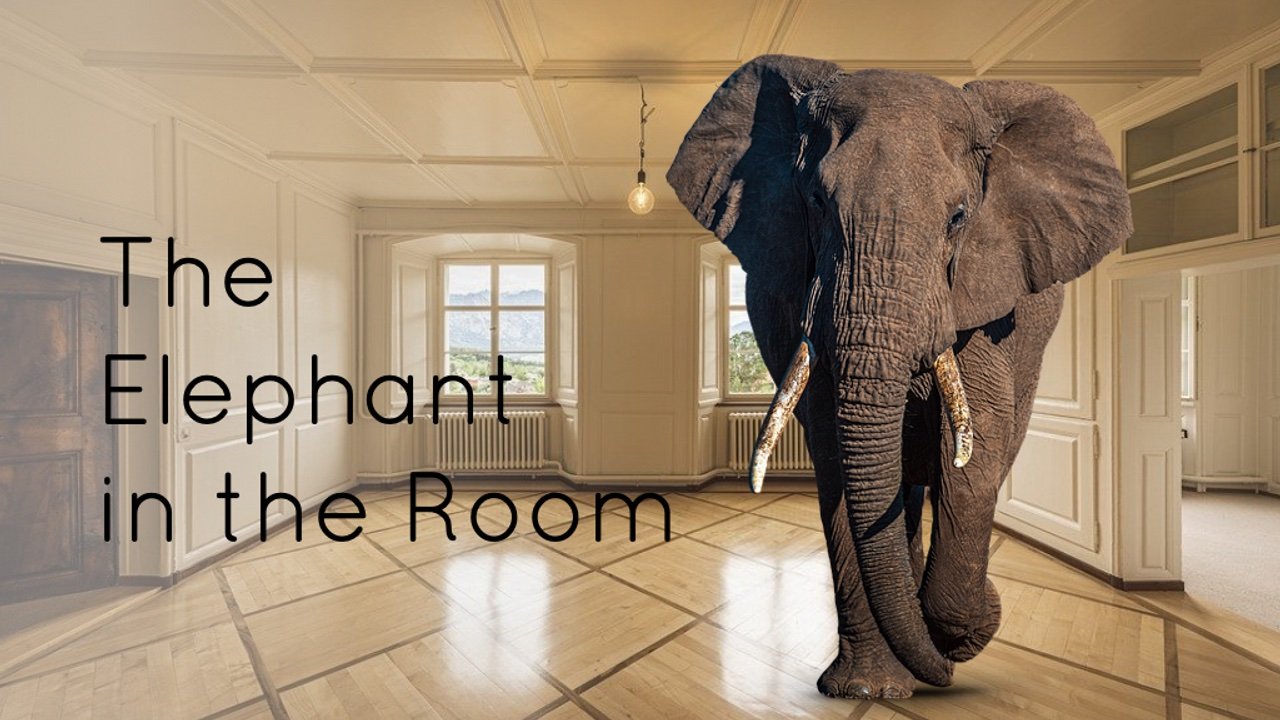Perfectionism is different from the concept of perfection. Perfectionism is the idea of holding back because you don’t want to proceed and using imperceptible flaws as an excuse to hold back. This is different from saying something is "not good enough." The words ‘good enough’ simply means it meets the required standards and it doesn’t have to be better because if it was better, it wouldn’t qualify as "good enough." I think the way to develop good taste involves actively sharing creations with the world, observing what connects and what doesn't and it's through this process that one refines their understanding of quality.
Make them feel comfortable
Sales involves both a systematic process and interpersonal skills, and effective salesmanship hinges on the art of listening and forming connections with people. The systematic approach entails initial connection, followed by an approach and conversation where you uncover insights about the individual. Understanding this process sets the stage for honing the necessary skills, and I think mastering the art of asking the right questions is pivotal, and this means knowing what to ask and what to avoid. Instead of focusing on oneself, it's crucial to frame questions that encourage individuals to share about themselves, as everyone loves to speak about their own experiences and perspectives.
The time is now
Environmental, Social, and Governance (ESG), represents a set of criteria used to evaluate how companies operate and impact the world beyond just making money. Where the "E" focuses on a company's environmental efforts, for example, its carbon footprint, energy use, or waste management. The "S" assesses its social aspects, for example, how it treats employees, engages with communities, and handles diversity and human rights. And lastly, "G" looks at governance, examining factors such as the company's leadership, ethics, transparency, and how it's governed and managed. ESG serves as a framework for investors and stakeholders to gauge a company's commitment to sustainability, ethical practices, and long-term viability beyond financial returns.
Are you interested in integrating DEI into your “S”?
I think companies who prioritise Diversity, Equity, and Inclusion initiatives are addressing social aspects by creating fairer and more inclusive workplaces, ensuring equal opportunities for employees regardless of their background, ethnicity, gender, or other identities. By integrating DEI into their ESG strategies, companies not only promote a more equitable society but also enhance their long-term sustainability. In my experience, I have found that these efforts lead to better decision-making, stronger employee engagement, and improved relationships with customers. Contact me via e-mail to arrange a confidential discovery meeting about your company’s performance and reputation.
Think before acting
Cultural intelligence (CQ) is an essential capability for inclusive leaders and in building successful relationships. Those who learn how to connect and become connectors will prosper in a connected economy.
““Cultural intelligence: an outsider’s seemingly natural ability to interpret someone’s unfamiliar and ambiguous gestures the way that person’s compatriots would.””
What are the 4 components of cultural intelligence?
The framework for cultural intelligence consists of four parts: knowledge, strategic thinking, motivation, and behaviours.
CQ Drive: The motivation to learn about new cultures.
CQ Knowledge: Understanding how cultures influence what people say and do.
CQ Strategy: Having a plan to respond to cultural differences.
CQ Action: Behaving in culturally sensitive ways, including handling any difficulties that arise.
This is revealing
Can you see your own blind spots?
The very notion of a blind spot means that we cannot see it ourselves, therefore, we often need an external perspective to identify them. For example, a trusted advisor, mentor or coach, somebody who can show us another set of lenses and partnerships are crucial to this journey as it’s really difficult to do this all on your own. A simple mathematics analogy, there are adders and subtracters, there are multipliers and dividers, and they are all around us - What do these people look like to you? What do you look like to them? What kind of energy are you bringing and what type of energy are you receiving? These types of journeys are much easier to take together in partnership with a coach or mentor, there is no recipe and there will be challenges along the journey. I do not have ‘a just do this solution’ as everyone is different.
As a coach I offer guidance, skill development, and accountability. Are you ready to look at your blind spots? Contact me via email arrange a short discovery meeting when you are ready for unbiased feedback,
The elephant in the room
Last week, the Danish Institute of Human Rights published their report highlighting the shocking state of affairs in Denmark regarding racial discrimination, and this has been well documented in the Danish media. It appears that there are many Danes and organisations who don’t want to ask the question, as they don’t want to face the facts because they know that they are going to have to do something. Conversations about race, class and gender in the workplace aren't easy and I think it’s essential to ensure people are seen and heard. Leaders usually listen with the prime objective to make things better and solve problems, sometimes all their team members want is to be heard. Contact me via e-mail to book a speech, workshop or coaching sessions.
Peace be with you
It's a long game
Research has shown that by simply providing information doesn't necessarily lead to behavioural change. I think while knowledge is valuable, changing behaviour often requires more than just information as human behaviour is complex, influenced by various factors beyond mere awareness. Effective behaviour change often involves a combination of factors for example, motivation, context, emotional connections, support systems, and practical tools or strategies.
“A large part of economic success is based on trust, in other words, do people trust you to fulfil your promises. ”
One my favourite actors
““My philosophy is:
What people say about me is none of my business.
I am who I am and do what I do.
I expect nothing and accept everything.
And that makes life easier.
We live in a world where funerals are more important than the deceased, marriage is more important than love, looks are more important than the soul.
We live in a packaging culture that despises content.””
Professional growth through coaching
I think coaching is such a powerful tool for personal and professional growth. By offering insights, experiences, and constructive feedback, coaches can guide coachees toward their goals and help them unlock their full potential. Here’s an example of constructive feedback…
Every leader should ask themselves these questions on a daily basis:
What did I do badly?
What did I do well?
What can I do differently tomorrow?
Find your passion
I think it’s all about connecting your passion with something that’s bigger than yourself. It’s important to figure out what that mission is for you, and for me I do it through storytelling. Storytelling is the oldest and most valuable way we have of passing on our values, echoing from ancient campfires to Homer's narratives in the Odyssey. I really think there is a role in society for storytellers who try and make us better, and as an entrepreneur, I've wholeheartedly embraced this path by mixing my love for coaching to enhance people's lives.
““When we work hard for something we don’t believe in, it’s called stress. When we work hard for something we love, it’s called passion.” ”
Managerial experience
The higher up you are in an organisation, the more important vision and creativity become, but you still must have the skills required to manage and lead well. Some young entrepreneurs start with the vision and creativity and then develop their management skills as they scale their companies; others start with management skills and develop their creative vision as they climb up the ladder. Just like great musicians, all great managers have both creativity and technical skills. And no manager at any level can expect to succeed without the skill set of an organisational engineer.
““Knowledge is having the right answers. Intelligence is asking the right questions. Wisdom is knowing when to ask the right questions.” ”
Alignment tools
V2MOM is a strategic planning and goal-setting framework that stands for Vision, Value, Methods, Obstacles, and Measures.
VISION → What do you want?
VALUES → What’s important to you?
METHODS → How do you get it?
OBSTACLES → What is preventing you from success?
MEASURES → How do you know you have it?
I think V2MOM is a wonderful tool from Salesforce that helps businesses grow and reach their boundless potential.
Next meeting or more discovery
Communication thrives on stories, and questions are the conduits shaping its course. I strategically ask questions that elicit conversation, aiming to activate their self-disclosure loop. I prioritise actively listening and offering undivided attention to incentivise my clients to share, making them feel valued, and this rapport often leads them to unveil their narrative. In my experience, once they hit the 'too much information' zone, it's simply a matter of leaning back and letting them guide the discussion toward everything necessary to seal the deal. Whether it's about planning the next step, scheduling another meeting, or diving deeper into discovery, I adapt to their language and seamlessly prompt for it.
Relaxing conversation
In sales conversions, my strategy is to minimise questions while maximising information extraction. I think keeping the conversation relaxed is key, employing open-ended inquiries like 'tell me more,' 'how so?' or 'help me understand.' As these questions facilitate deeper insights, like 'walk me through that again' or acknowledging emotions with 'that seems quite emotional for you, why is that?' I believe in always entering client meetings fully aware of the desired outcome, and by creating a precise plan for the next steps ensures that my questions align with moving towards that goal.
Mutual understanding
Do you think that trust is the emotional glue of all relationships?
Trust is the cornerstone of all relationships, acting as a binding agent that holds them together. I think building trust is like forging a path beyond our comfort zones, creating bridges to meaningful connections. It thrives on honesty, accountability, and openness to cultivate and maintain trust in any relationship. Trust might not be the sole emotional glue for every relationship, for example, respect, communication, empathy, and shared values also plays a significant role in sustaining strong and healthy connections.
Following a conversation
In conversations, prioritising active listening stands out as immensely valuable and I think that being mindful of how we listen is crucial. For example, while engaging in dialogue, there might be moments where what's communicated doesn't align. In such instances, a constructive approach involves acknowledging these discrepancies gently: 'Earlier, you mentioned this, but now you're saying something different.' The focus remains on active listening, enabling one to trace conversations over an extended period—observing the apparent disparities and contradictions without accusation. It's not about asserting moral superiority; instead, it's about assisting in framing the situation coherently, highlighting inconsistencies for a clearer understanding.
Progressive social practices
While innovation remains essential for brands, the definition of innovation is moving away from focusing on continuous product launches to incorporating genuine advancements in environmental and social practices, for example, sustainable manufacturing production, materials and techniques. Nowadays the significance of authenticity has moved from being centred on a brand’s compelling story or niche positioning to being about the strength of a company’s sustainable operations internally and across its entire supply chain. I think this evolution underlines the importance of sustainability and ethical considerations in modern business strategies. What do you think?
Communication is the key
If you can control perception, then you can control behaviour. If you can dominate the narrative so people are only hearing one side of the story or one version of the story then you are going to dictate the perceptions of vast numbers of people, especially if they haven’t had any other angle to consider. This is so easy when you are addressing a population who do not question anything:
Q: How do you know that?
A: I saw it on the news
Q: How did they know that?
““In times of change the learners will inherit the world, while the knowers will be beautifully equipped for a world that no longer exists.” ”






















